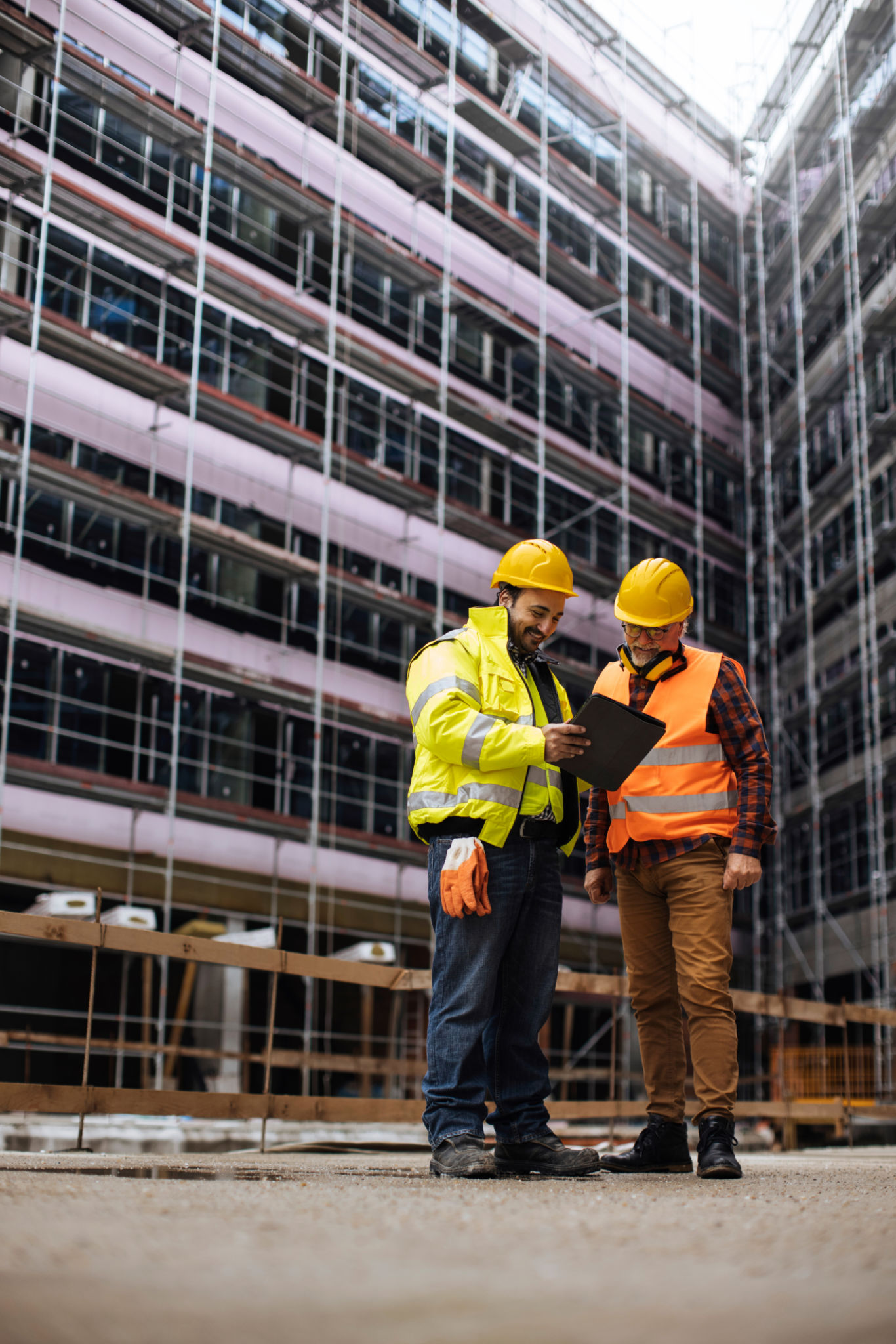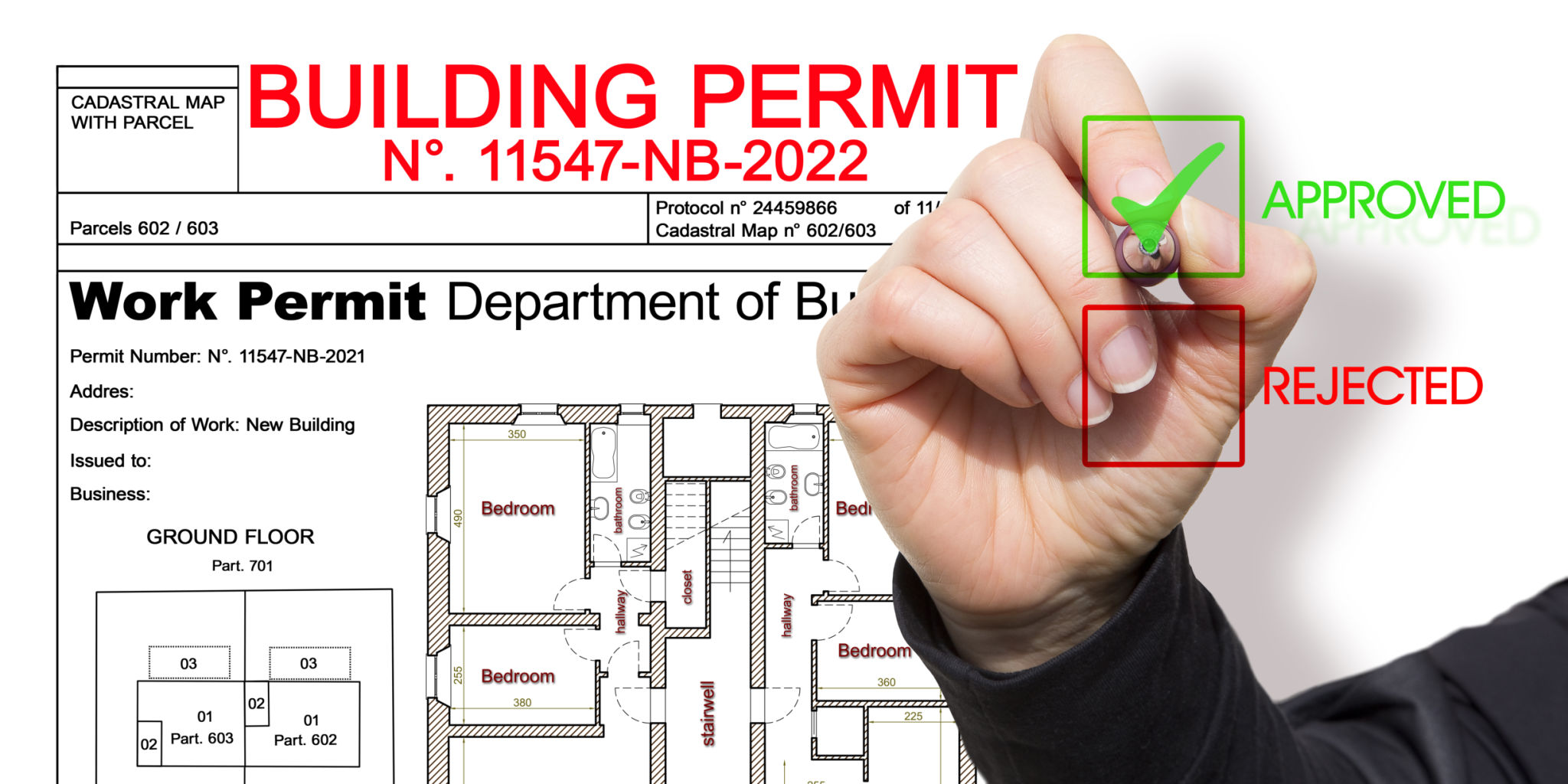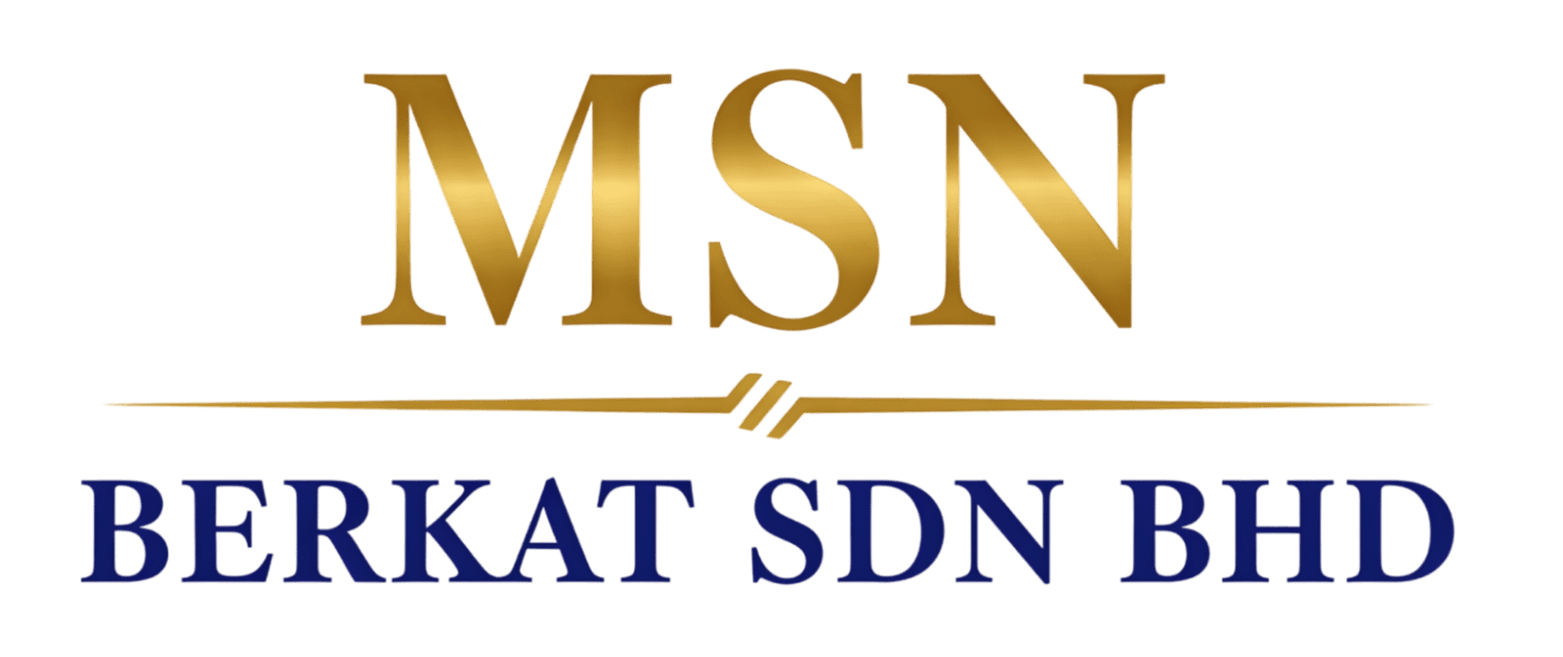Understanding Sabah's Construction Regulations: A Guide for New Builders
Introduction to Sabah's Construction Regulations
Sabah, a state located on the northern part of Borneo in Malaysia, is witnessing a surge in construction activities. Whether you're a seasoned developer or a new builder stepping into this dynamic market, understanding Sabah's construction regulations is crucial for ensuring compliance and successful project completion. These regulations not only guide the building process but also ensure the safety and sustainability of construction projects.

Key Regulatory Bodies
In Sabah, the primary regulatory body overseeing construction activities is the Sabah Town and Regional Planning Department. This department plays a pivotal role in managing land use, ensuring that all construction activities align with regional development plans. Additionally, the Sabah Housing and Town Development Authority regulates residential projects to ensure quality and safety standards are met.
Other important bodies include the Public Works Department, which oversees infrastructure projects, and the Department of Environment, which ensures that all construction activities comply with environmental protection laws. Engaging with these bodies early in the planning phase can facilitate smoother project execution.
Obtaining Necessary Permits
Before commencing any construction project in Sabah, it's essential to secure the necessary permits. These typically include:
- Development Approval: Ensures the proposed project aligns with the local development plan.
- Building Plan Approval: Confirms that the architectural and engineering designs comply with safety standards.
- Environmental Impact Assessment (EIA): Required for projects that may significantly impact the environment.

Compliance with Safety Standards
Safety is a top priority in Sabah's construction industry. Builders must adhere to stringent safety standards to protect workers and the public. The Occupational Safety and Health Department is responsible for enforcing these regulations, which cover aspects such as site safety management, worker training, and use of personal protective equipment.
Furthermore, regular inspections are conducted to ensure ongoing compliance. Non-compliance could result in hefty fines or project shutdowns, so it’s vital for builders to maintain high safety standards throughout the construction phase.
Environmental Considerations
Sustainability is a growing focus in Sabah's construction sector. Builders are encouraged to adopt eco-friendly practices and materials to minimize environmental impact. This includes responsible waste management, efficient use of resources, and incorporation of green building technologies.

The Department of Environment monitors adherence to environmental regulations, ensuring that projects do not adversely affect local ecosystems. Builders who prioritize sustainability not only contribute positively to the environment but also enhance their project's long-term viability.
Navigating Building Codes and Standards
Sabah's building codes and standards are designed to ensure structural integrity, safety, and functionality. These codes cover a wide range of specifications, including materials used, design load requirements, and fire safety measures. Builders must familiarize themselves with these codes during the planning stage to avoid costly revisions later.
Working with experienced architects and engineers who are well-versed in local codes can significantly ease this process. They can provide valuable insights and ensure that all designs meet or exceed regulatory requirements.
The Role of Local Expertise
Leveraging local expertise can be immensely beneficial for new builders in Sabah. Local consultants, architects, and contractors have firsthand experience navigating the regulatory landscape and can offer practical advice and solutions tailored to specific project needs.

Engaging local experts not only streamlines the regulatory compliance process but also helps in building relationships with key stakeholders, facilitating smoother project execution and community integration.
Conclusion: Building Responsibly in Sabah
Understanding and adhering to Sabah's construction regulations is a cornerstone of successful project development. As a new builder, taking the time to familiarize yourself with these regulations, securing necessary permits, and prioritizing safety and sustainability will set the foundation for success.
By aligning your projects with regulatory requirements and embracing best practices, you contribute to the growth of Sabah's construction industry while ensuring a positive impact on the community and environment.
